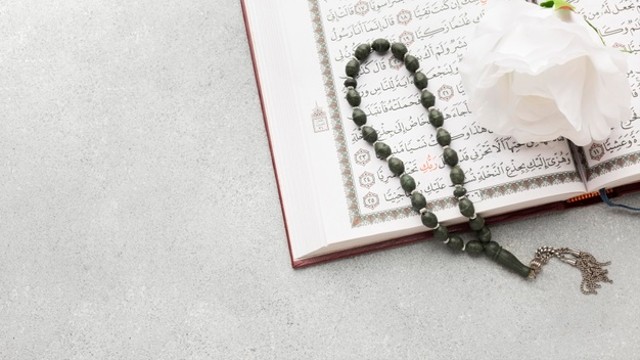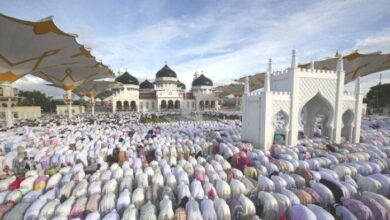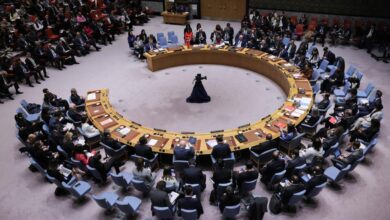Can Megengan and 100 Days Prayer be Done at the Same Time?

DDHK. ORG – Can the 100 day prayer and megeng be done at the same time? Check out the answer inside consultation online together chaplain the following.
Peace be upon you, may peace, mercy and blessings of Allah be upon you. Ustadz whom I respect and whom I honor. I have a few questions and this is a bit of a debate in our group.
In Javanese customs, there is the term megengan poso (spiritual prayer). So it just so happened that our friend also had the intention to send a prayer for his grandson who died 100 days.
The question is, is it permissible to megengan and 100 days of prayer at the same time? Explanation please. Thank You.
Greetings, Fulanah
ANSWER:
Peace be upon you and God's mercy and blessings be upon you
WL…
It is important for us to know what is meant by the term "kejawen." The word "Kejawen" comes from the word "Javanese", which in Indonesian means everything related to Javanese customs and beliefs (Javanese).
But we have to be careful, because not all local cultures are in line with Islamic values. Of course there are local cultures such as Java in particular that are still aligned with Islamic values. Among them is the megengan tradition.
Megengan is a ceremony of thanksgiving or slametan which is carried out by the Javanese people to welcome the coming of the holiday. What is generally meant by holidays here are the holy months of Ramadan and Eid al-Fitr.
Etymologically, megengan is taken from the Javanese language which means to hold back. This event was held to remind the public of the arrival of the month of Ramadan, in which all Muslims are required to observe fasting. In carrying it out, Muslims are asked to refrain from all forms of actions that can abort and cancel the fast.
Another meaning behind the megengan event is an apology to others. In Java, an apology is usually symbolized by apem cake, a typical Javanese snack usually served on traditional occasions. It is said that apem in the megengan event has its own meaning. The term apem is taken from the word 'afwan or' afwun which means to apologize.
Megengan is usually done in the last days of the month of Sha'ban (sasi ruwah) or the first days of Ramadan. This tradition was brought by Walisongo in order to spread Islam in Java.
Then is it permissible for Megengan, who usually distributes food, to have the intention & be combined with sending prayers and rewards to people who have passed away?
In this case it is not prohibited to combine the two intentions above in one implementation. Because basically sending alms rewards to people who have died is permissible and the rewards can reach him.
In the book Al-Iqna' by Imam Abunnaja Musa bin Ahmad Al-Hijjawi Al-Maqdisi Rahimahulilah it is stated:
وكل قربة فعلها مسلم, وجعل ثوابها أو بعضها كالنصف ونحوه، لمسلم حي أو ميت؛ جاز ونفعه. انتهى.
"Every practice that draws closer (to Allah) that is carried out by a Muslim, and he makes the reward, either part or half of it, etc. for other Muslims who are still alive or who have died, then (the law) is permissible & beneficial." Wallahu a'lam
Hope it works!
Peace, mercy and blessings of God
Answered by Ustadz Very Setiawan.
#Friends of Migrants want to consult about Islamic religious issues and life issues? Come on, submit the question via WhatsApp message to number +852 52982419. [DDHK News]



